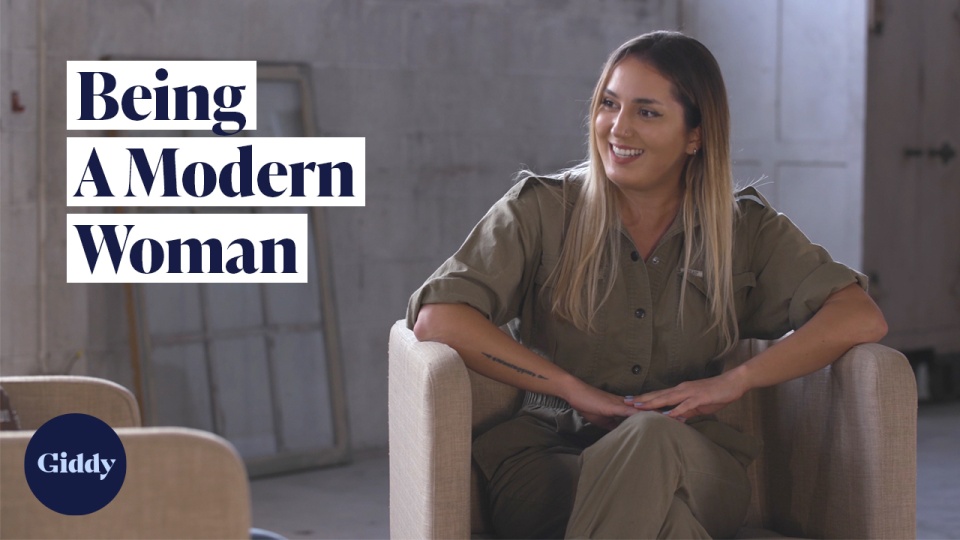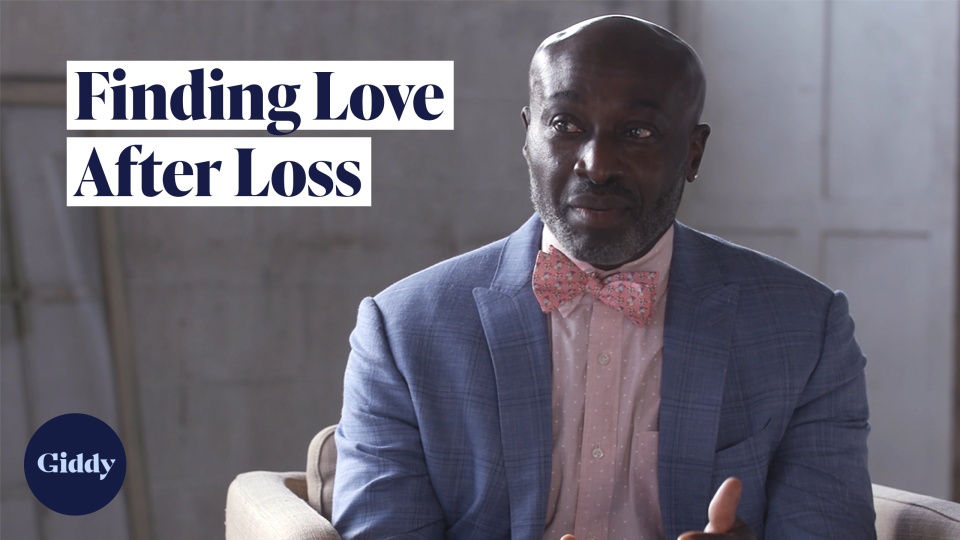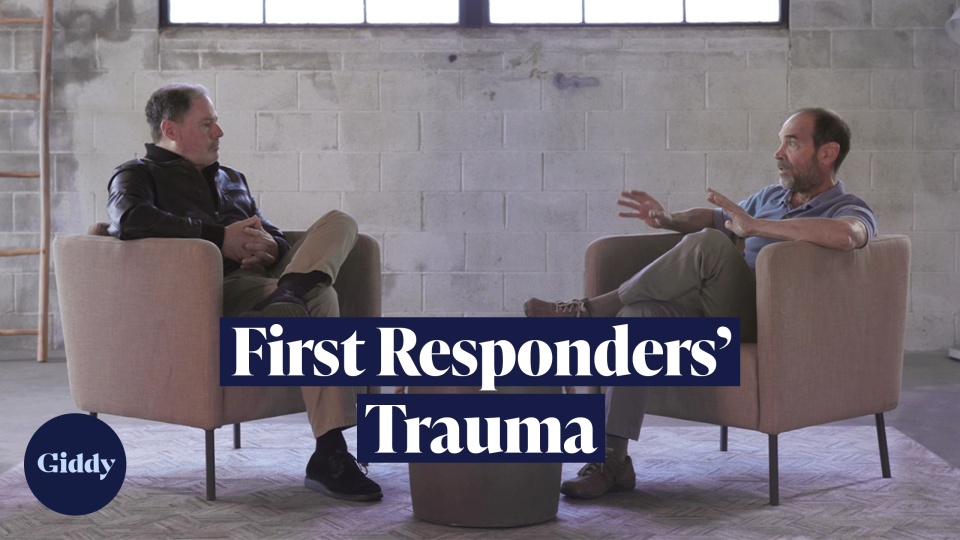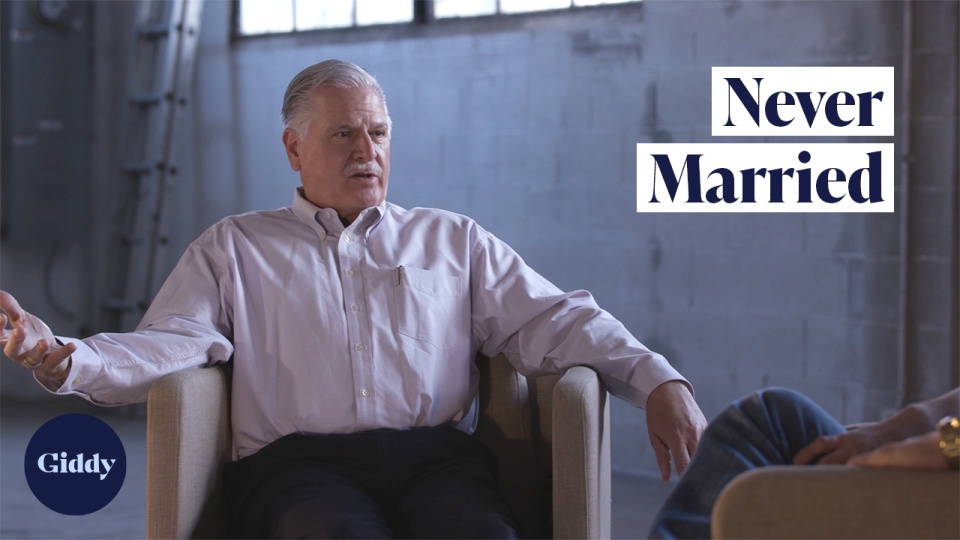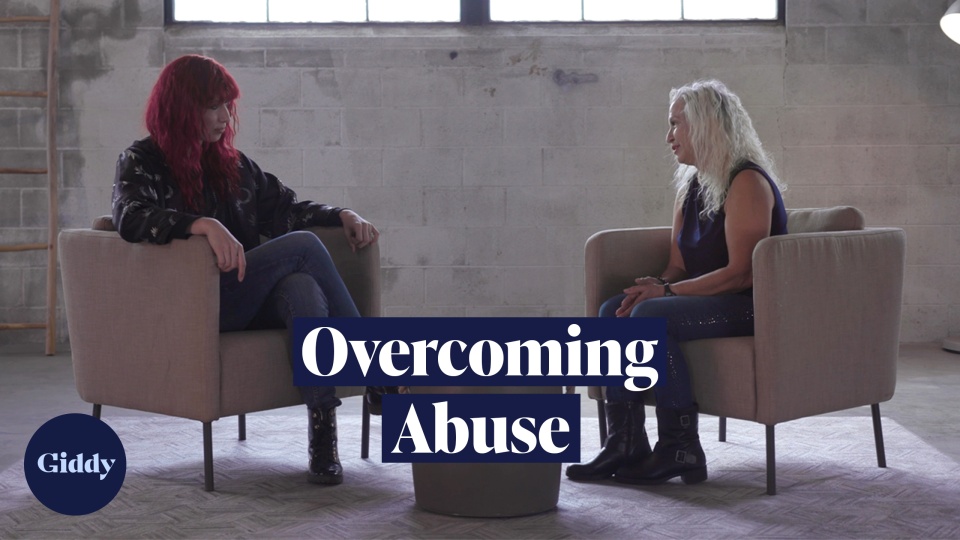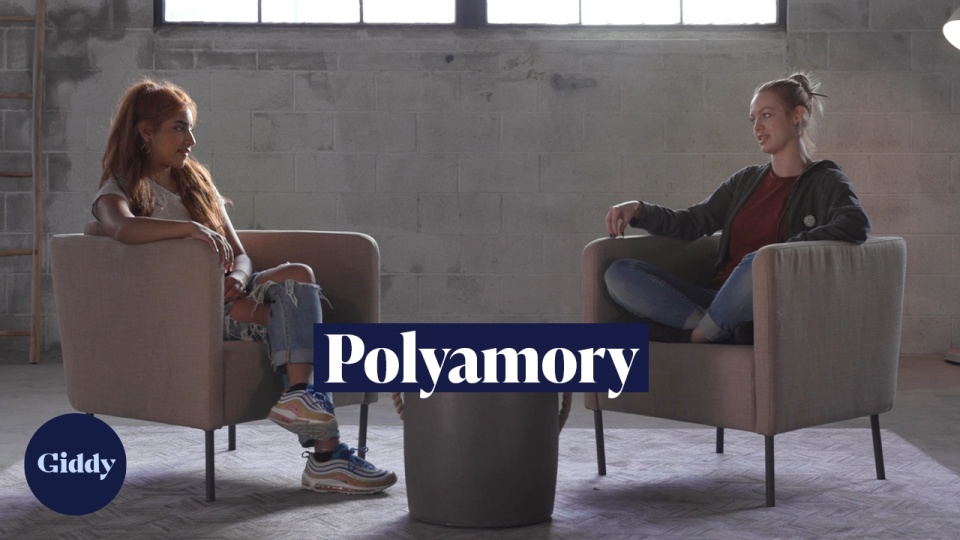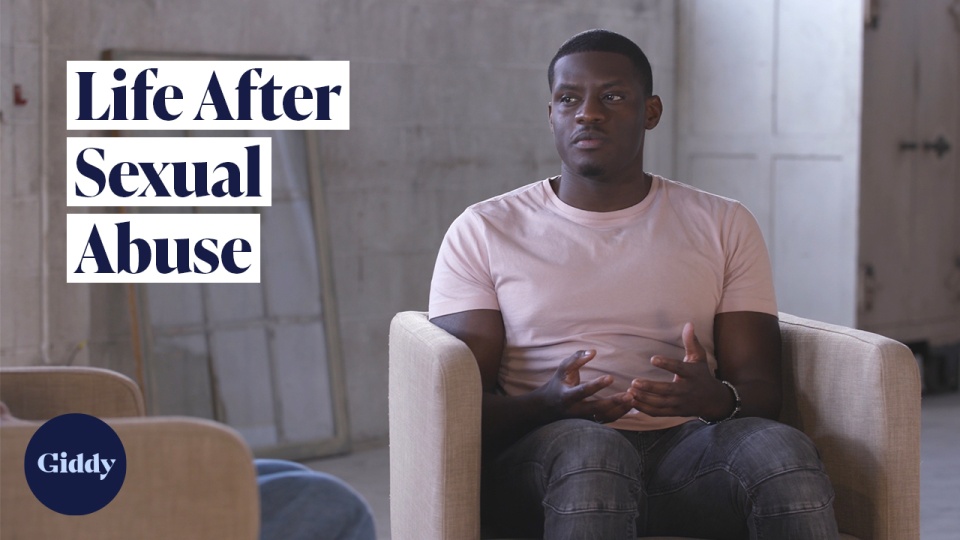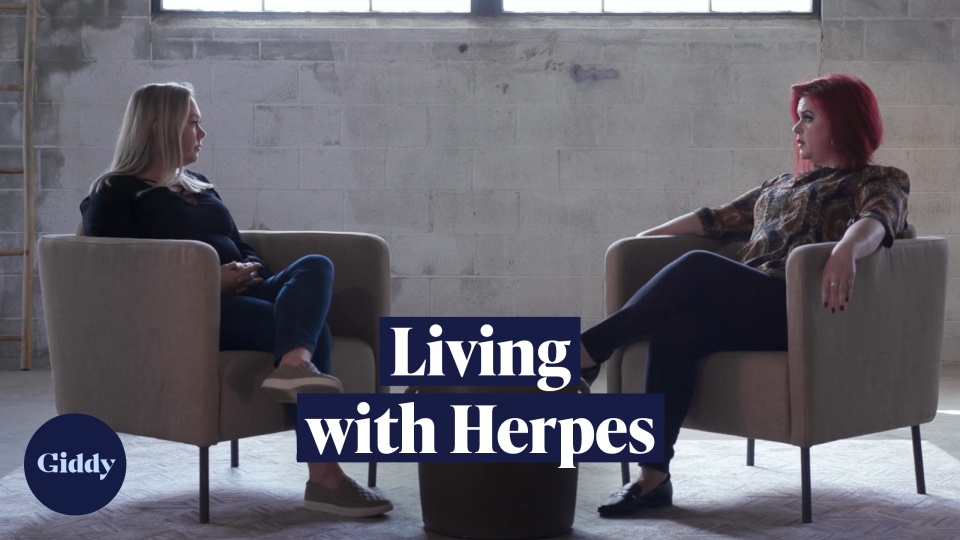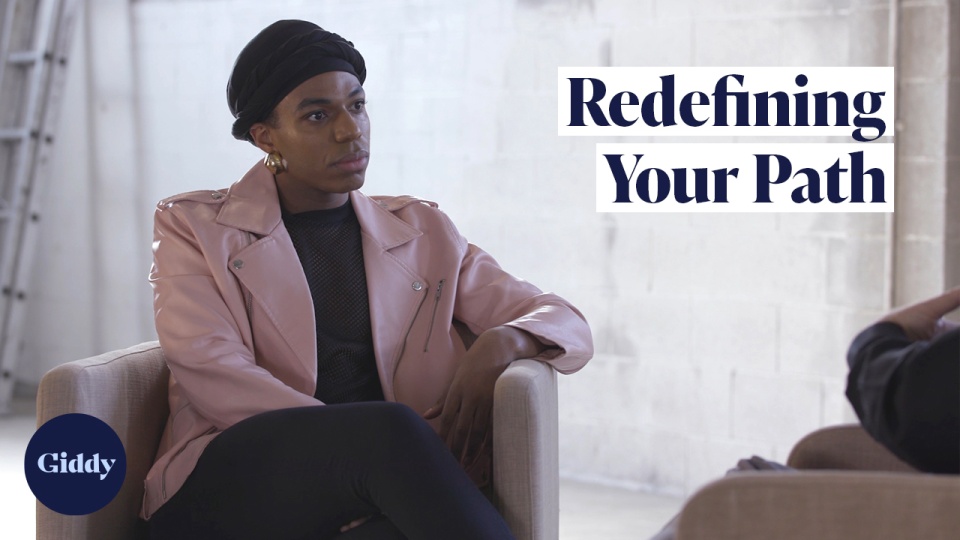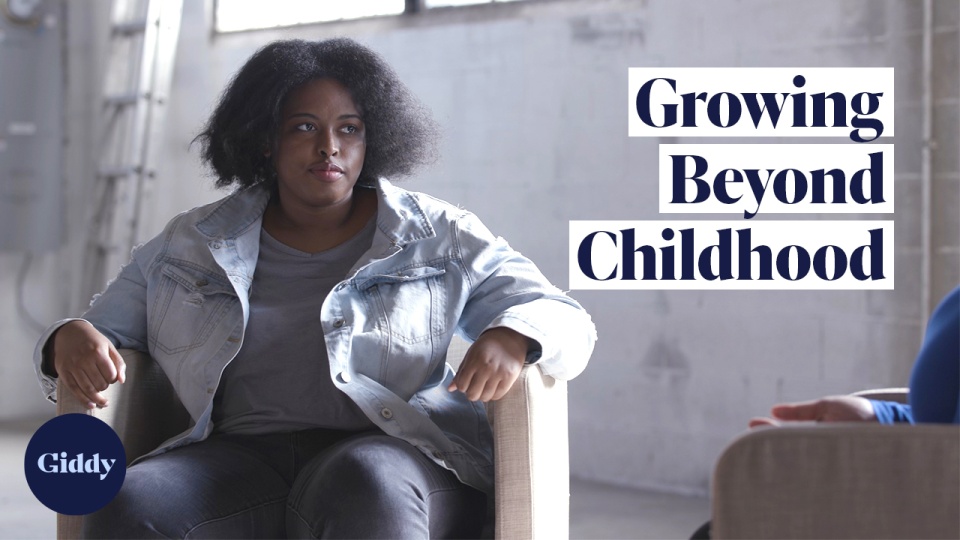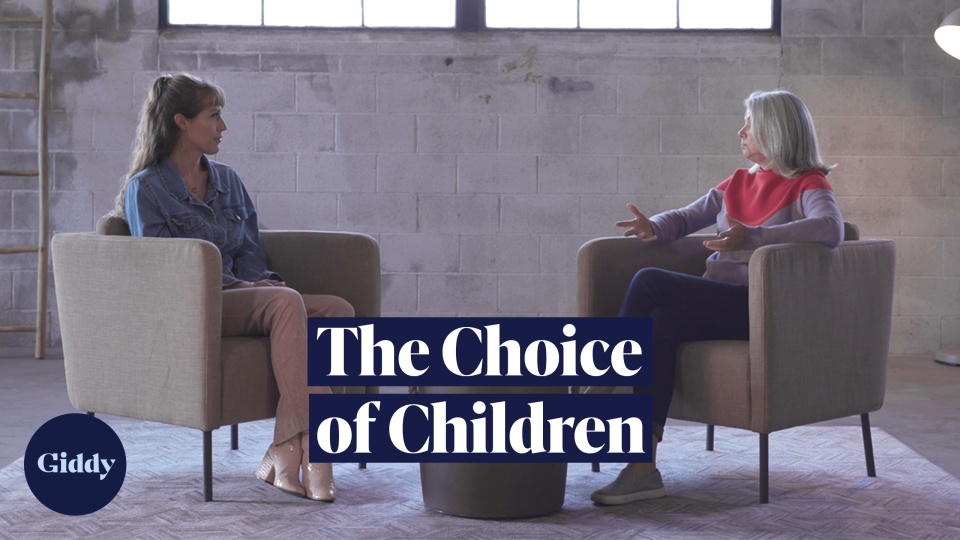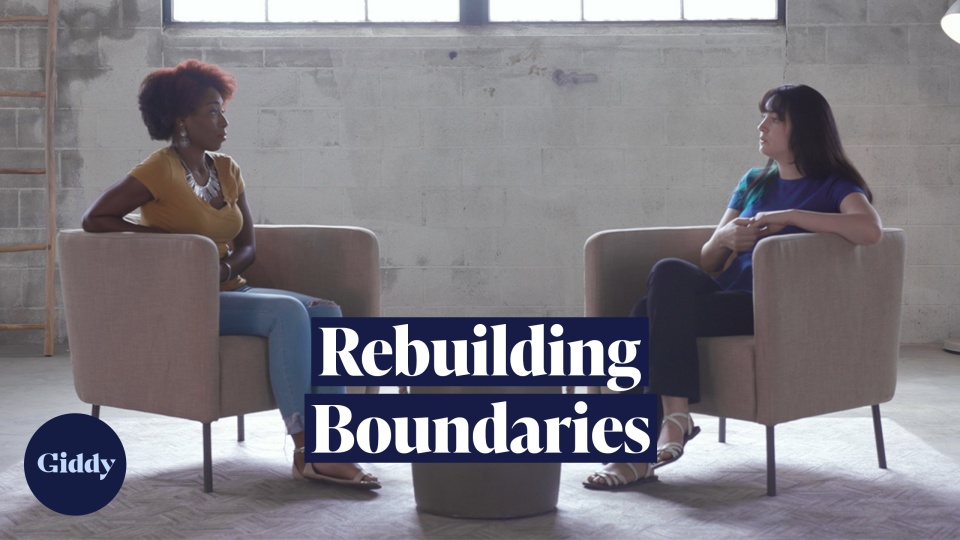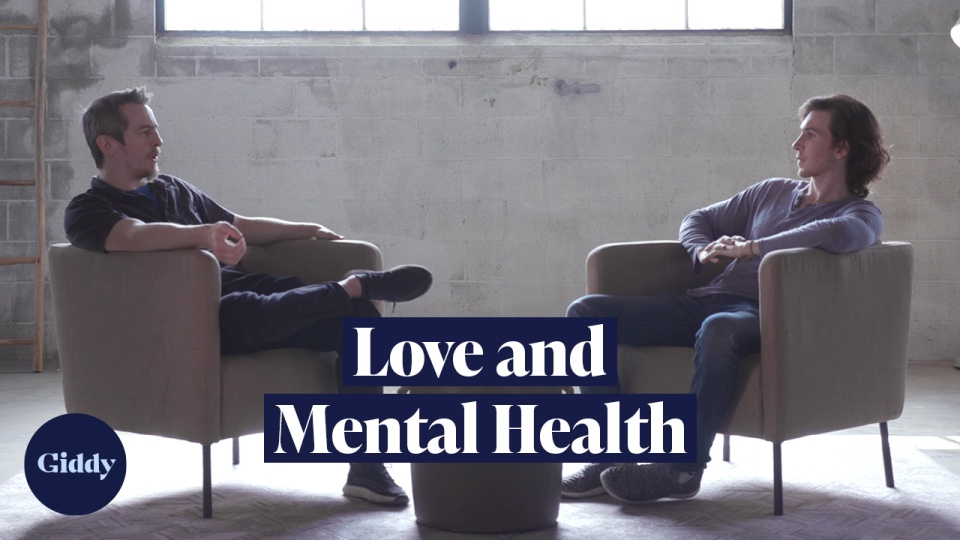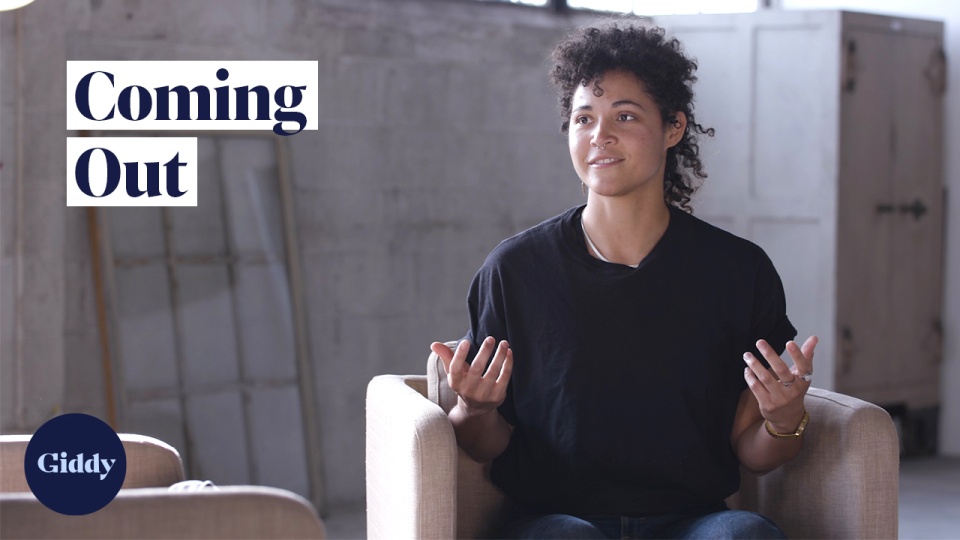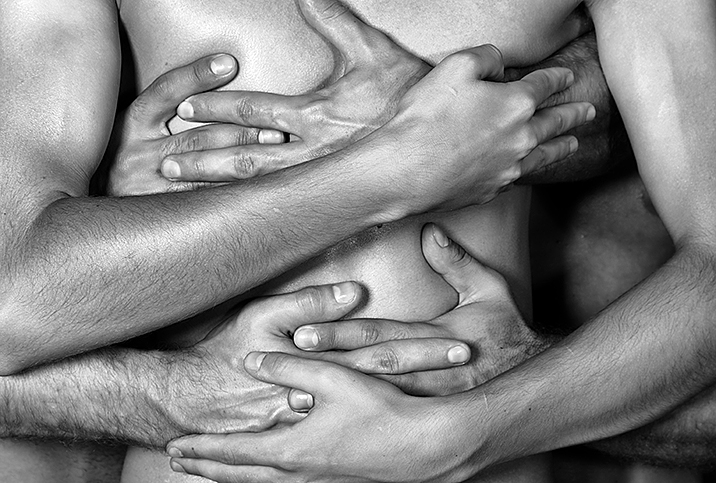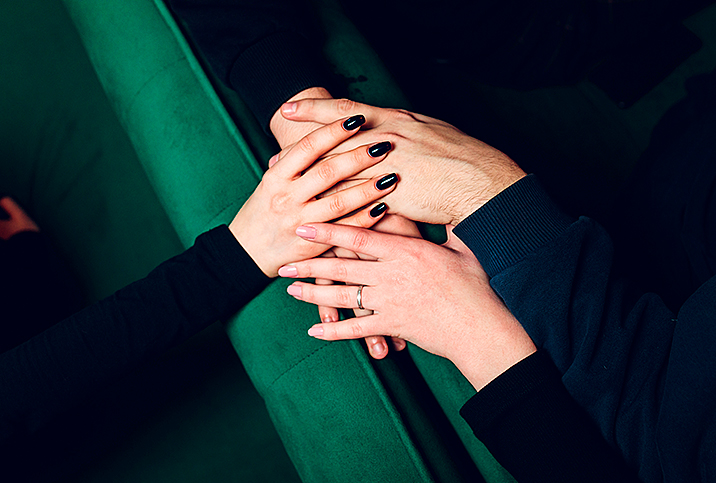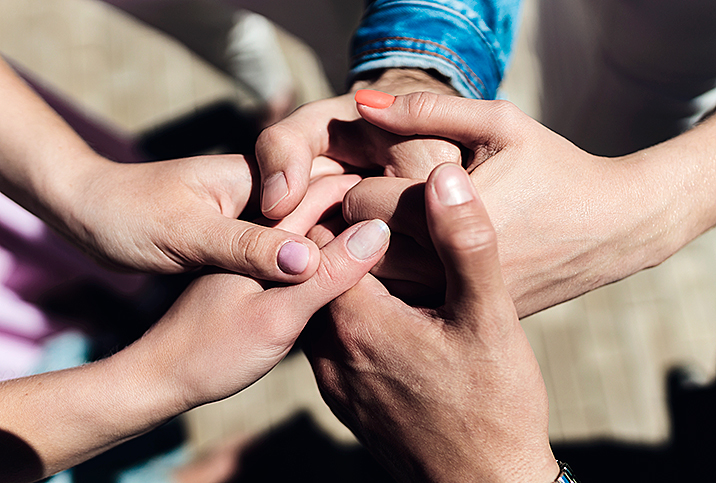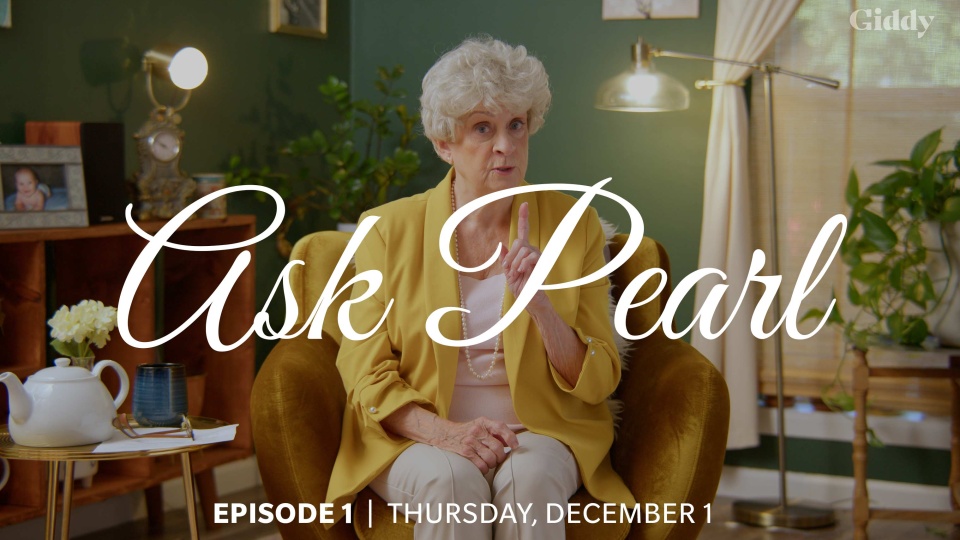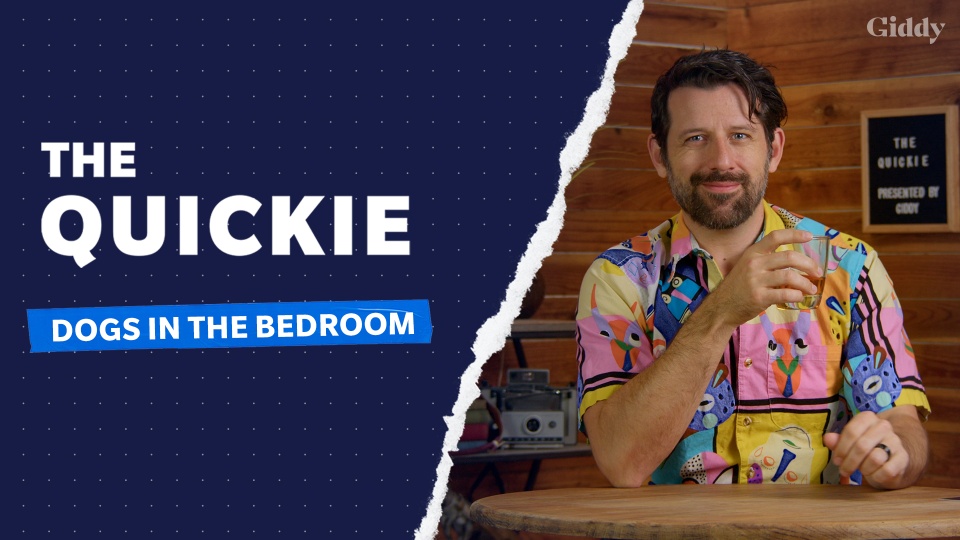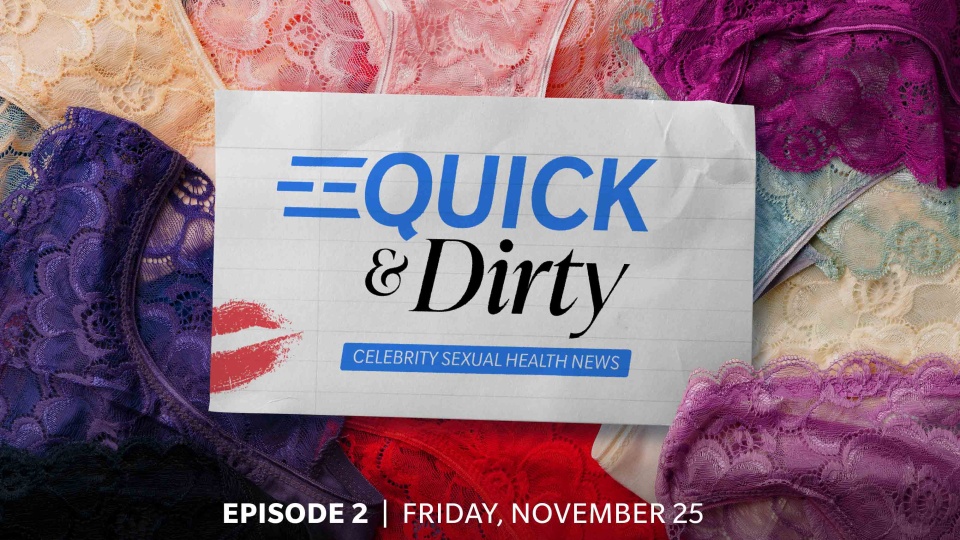Up Next
'I Don't Believe There's A Limit': Navigating Polyamory
Two strangers, Chitra and Reno, discuss the benefits of having a polyamorous relationship.
More about this episode
A Conversation with Chitra and Reno
In this episode, Chitra and Reno sat down to discuss the sexual and intimate benefits of polyamory. Chitra entered her first polyamorous relationship about two years ago—consisting of Chitra and two other women who are married.
She says the experience is not only exciting, but also freeing—in contrast to her past monogamous relationship. Chitra doesn't get jealous and encourages her partner(s) to seek out sexual experiences they desire, just as long as there's clear communication.
Reno grew up in an environment solely filled with functional and nonfunctional monogamous relationships. As she got older, she realized she wanted to break the mold by not allowing social stigmas to limit future physical and emotional bonds.
Reno and her current partner started off in a monogamous relationship together, but eventually transitioned toward polyamory once Reno expressed her feelings to him. It took a while before she could bring up the hot topic, because they were both healing from past toxic relationships.
Reno and Chitra believe polyamory goes beyond physical affection—it gives yourself the ability to cultivate different types of relationships, levels of intimacy, and communication styles. They acknowledge that polyamory is not for everyone, and stress that anyone who's considering it should have an open mind, as well as open communication with all parties involved.
Transcript
So I got into polyamory I guess about a year and a half ago. I just gotten out of really toxic relationship. My first adult relationship was super emotionally abusive, very manipulative. But—
How long did that last?
About a year and a half. But it was really great. It happened at a great time, the breakup, because I was studying abroad for the entirety of the next year.
Nice.
Yeah. And I was just like meeting a lot of different people. I was like ho-ing out. Hooking up with people. Doing whatever I wanted and met a lot of like queer Desi people, which was really sick. And I met this one woman who was like a queer dholi. So basically a dhol is like a Punjabi like instrument.
Nice.
And it's very like male dominated. But it was so dope because she was like this queer Desi woman.
Like [a] queen.
So one day she was just like, "Hey, like you should come out to this party with me." We went to this rooftop bar in downtown LA and one of her friends was DJing the event. I don't know there were hints throughout the night about the DJ and her wife. They were like dropping hints and I ended up going home with them like that night. And then we just like kept hooking up, and I learned so much from them specifically in terms of identity. And like they never really identify as a lesbian couple. Like it's just that. Yeah, they're just like together.
Together.
It was so nice because for the longest time I always thought that you needed a specific name or something.
Right. I mean, and that's also the box that we're in today. It's like if you don't have definitions slathered all over you in terms of like "I am A B C X Y Z," people don't know what to do with you.
I also am a firm believer in the fact that intimacy goes way beyond physical affection, way beyond kissing, and sex, and touch. There's intellectual intimacy. There's emotional intimacy. I have really intimate relationships with some people who have never had a full on in-depth conversation with about, for example, our political views. And yet I feel so deeply connected to them either on an artistic level, a spiritual level. We are just like you're fucking fine. I like being around you.
Yeah.
Your energy feels good. And I feel if I were to limit myself in those relationships or say that I do want to physically show my affection and have sex with someone that I feel intellectually connected to, emotionally connected to, but I don't want a full on relationship with them.
Yeah.
Because that's not the purpose that it serves, right, for either of us. Why is that not possible? Why is that seen as betrayal exactly? I feel like I've dealt with my own interpretation of internal stigma towards these things as well. Because we're all raised a certain way and you think things are supposed to be a certain way.
The only relationships you ever witness are either severely dysfunctional monogamous ones or functional monogamous ones. And I didn't really grow up around a lot of people who had openness in that sense. Which is weird because I was always pretty open minded about it. I've always, ever since I was little, viewed intimacy as something almost artistic more so than something that has to do with possession of having somebody.
For the longest time I was like, oh, yeah, like monogamy and this that. But jealousy is never a nice feeling. I never want to feel jealous. But it's also just like if your partner wants to experience things with other people why not join them?
Yes. Exactly.
Or even actually why not let them do it themselves and like just know that you have that mutual trust and understanding where it wouldn't be an issue.
Exactly. I mean, I feel like jealousy is such a construct of insecurity in the mind and the structures in which we have been forced to conform to in society as well. It's like because monogamy is so normalized and polyamory is seen as this display of "You are not enough."
Yeah.
Rather than being like "No, I am more than enough which is exactly why I need to share it." I wish you would share it as well. I want you to embrace things about yourself that you're not going to get through me. And if you're trying to do that then what are you limiting for yourself. I mean, the fuller your cup is…the more love you give, the more love you receive. And the more love you receive, the more love you have to give. So why do we limit ourselves in these severely limiting constructs essentially.
Going back to what you said about healthy communication. The couple that I was involved with would talk to each other about like literally run everything by each other. I was the first third party since they've gotten married.
Oh interesting, okay.
Like they've had like—they had so much trust within each other because they would literally talk to each other about everything.
Yeah.
And they would be out at a party and fully go and make out with people—
Yeah, for sure.
—and come back and they'd be like, yeah, that was fine. Because at the end of the day, if you guys know what's going on in the relationship, what does it matter what you do with other people?
Exactly.
As long as you're being completely honest.
And that's the whole beauty of polyamory is that you are giving yourself permission to cultivate different kinds of relationships with different communication styles, different levels of intimacy, different levels of directness. Just allow yourself to figure it out, but be truthful about all of it. And again, respect is a big part of it. Respect yourself enough to do what you want and need to do to develop as a person and respect the people that you're with enough to not take ownership of them or to assume anything ever.
Yeah.
I don't like the terminology of boyfriend or girlfriend. I think partner is a nice term for someone that you're committed to over like a longer course of time. I definitely have a guy that I've been seeing for longer than I've been seeing other people. And we had a monogamous relationship for a long time. I needed to embrace myself. We got together after I came out of an abusive relationship. There was a lot of healing that we were both doing. I mean, he had been in situations where his former girlfriend had cheated on him and so it's like also then understanding what one would define as cheating and betrayal.
And so then coming into a healthy monogamous relationship and being able to do that level of healing with one another about our previous relationships also allowed me to open up to who I was before I was abused. Which was a very open minded person who did believe in free love, if we're throwing around the '60s term. And who believes in intimacy on so many different levels. And I don't believe there's a limit to the love, and the care, and intimacy that you can have with people in any way, shape, or form.






